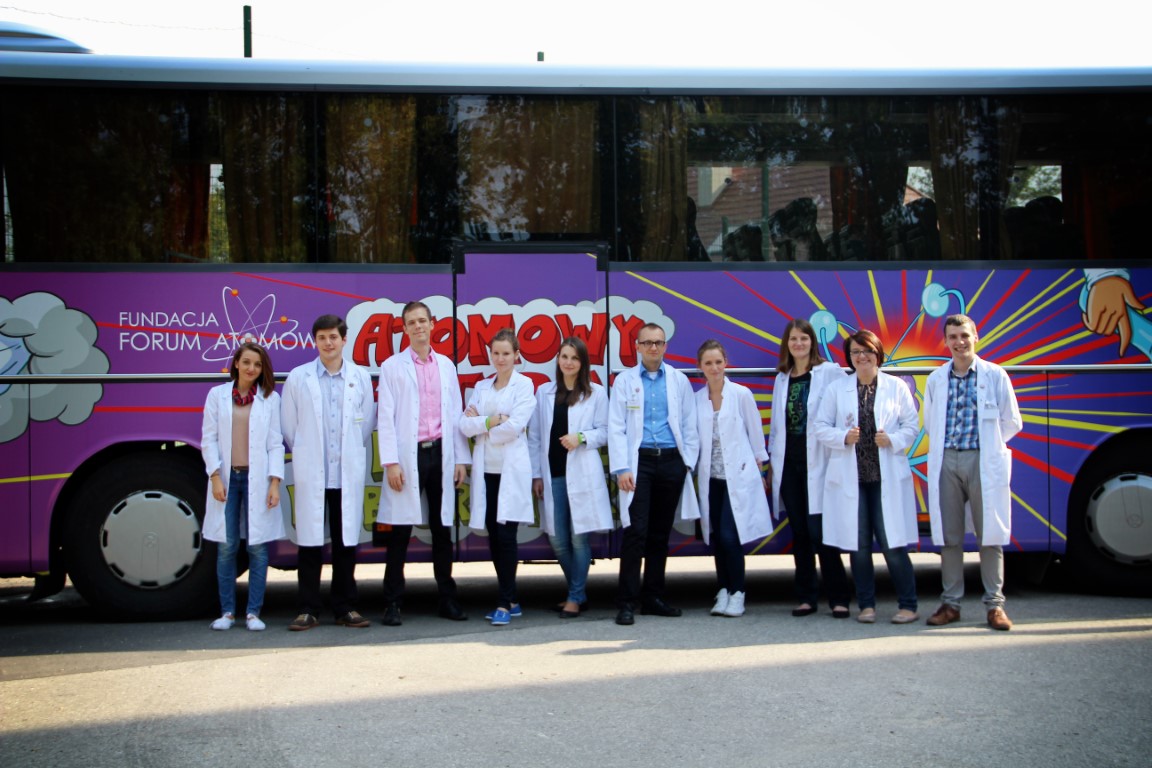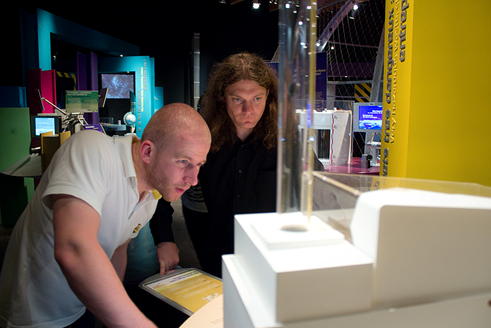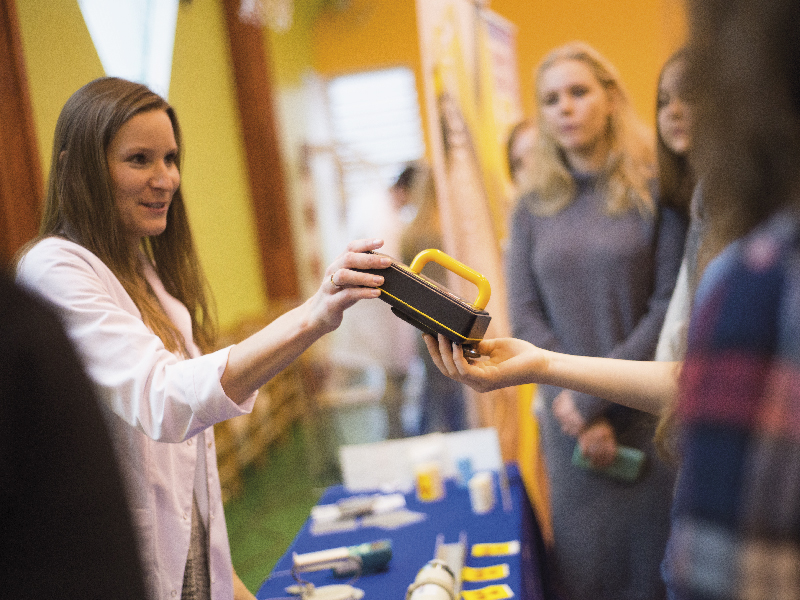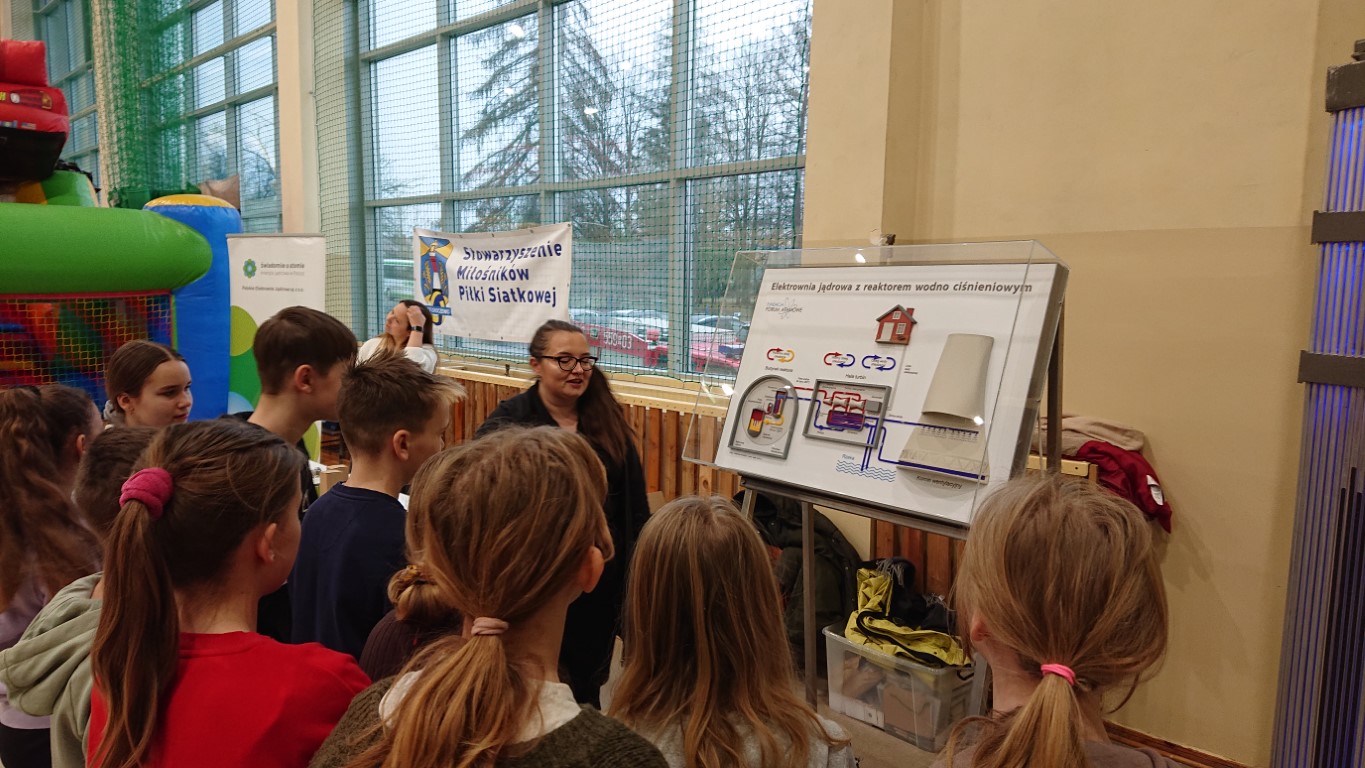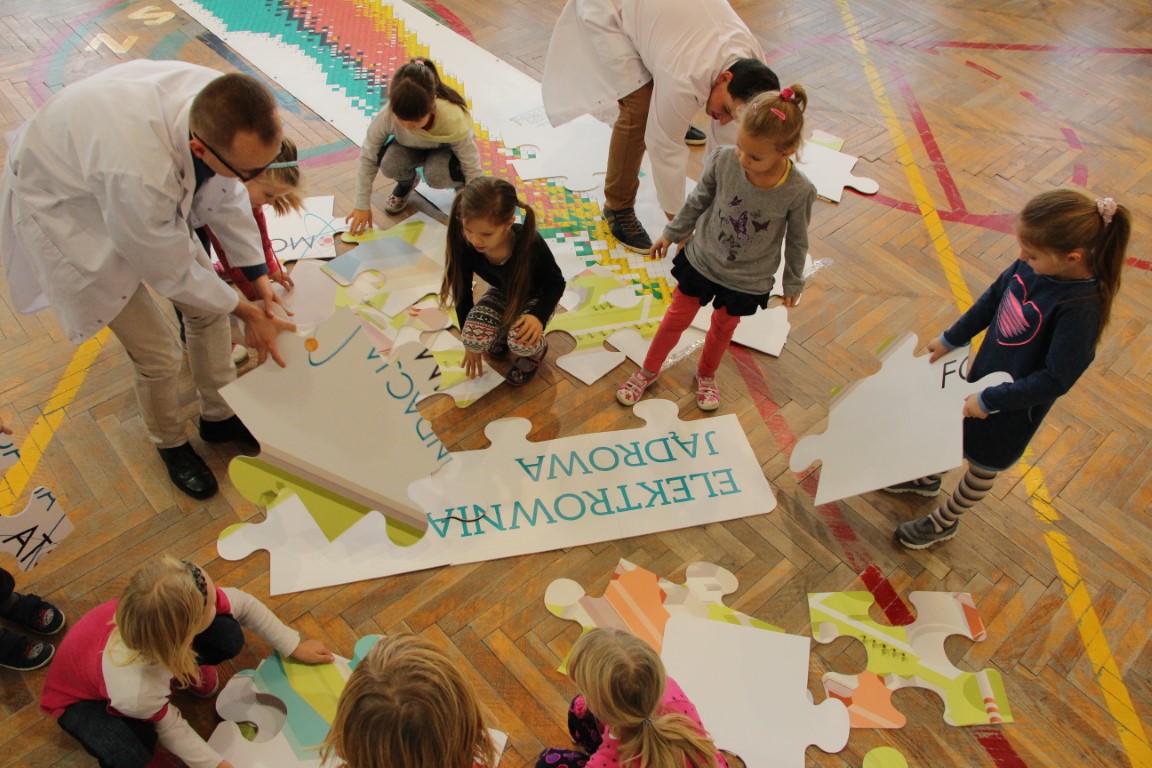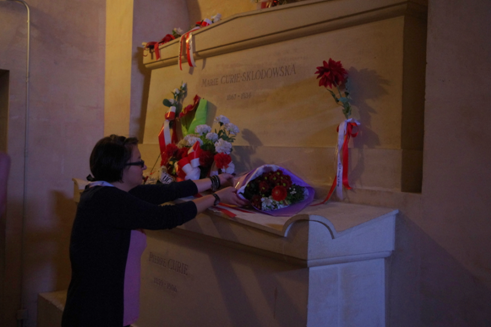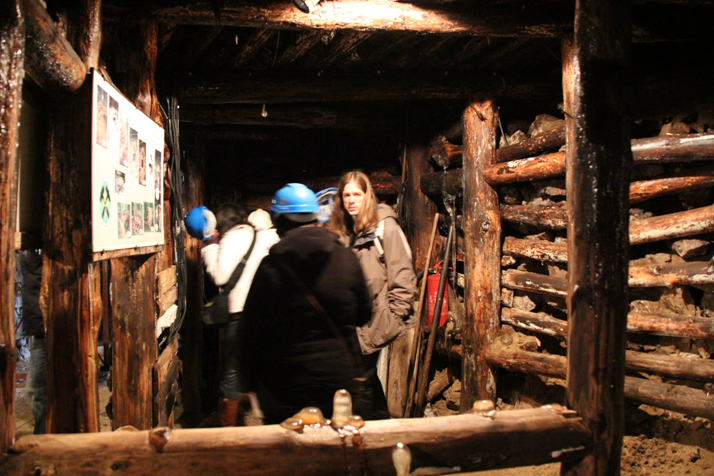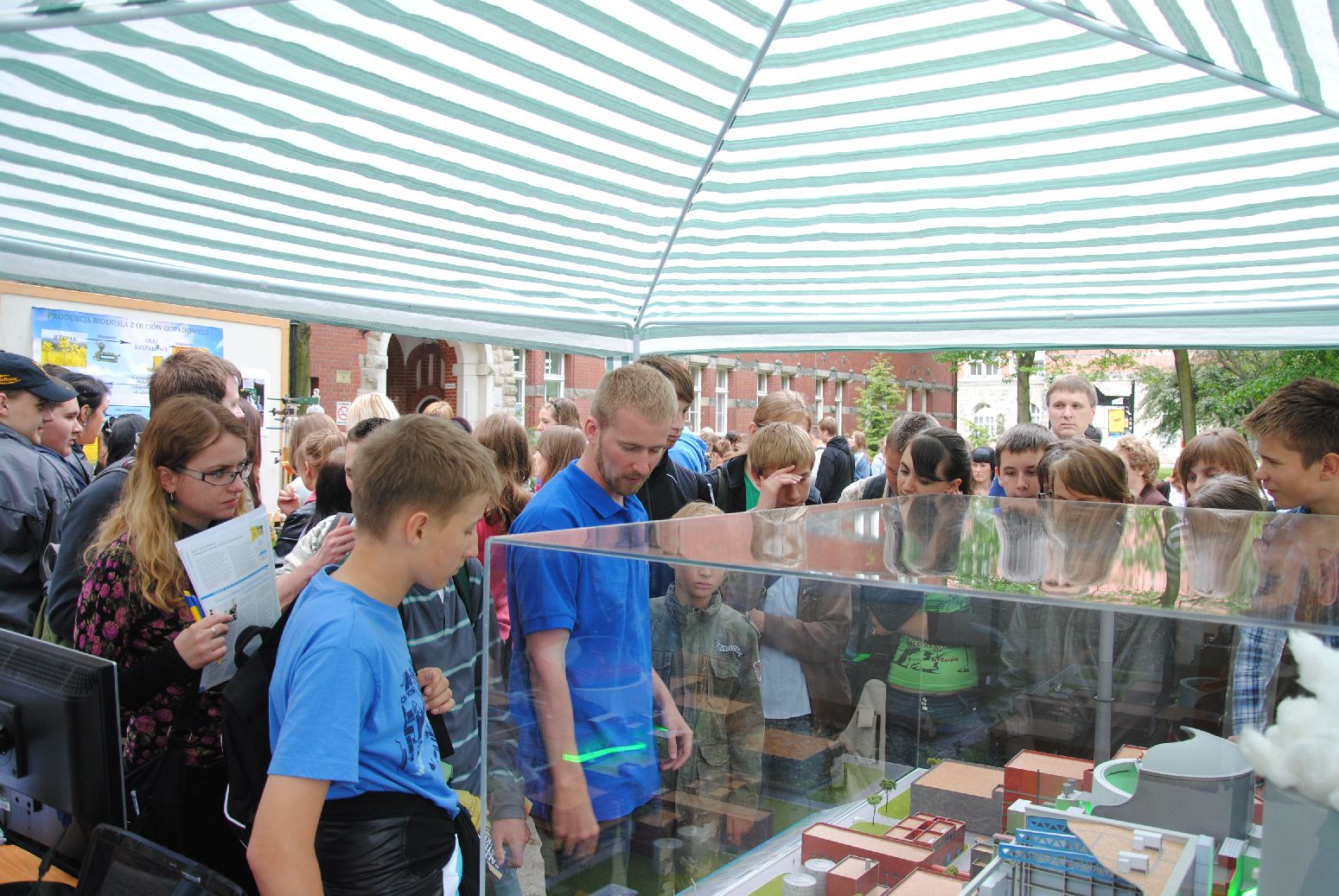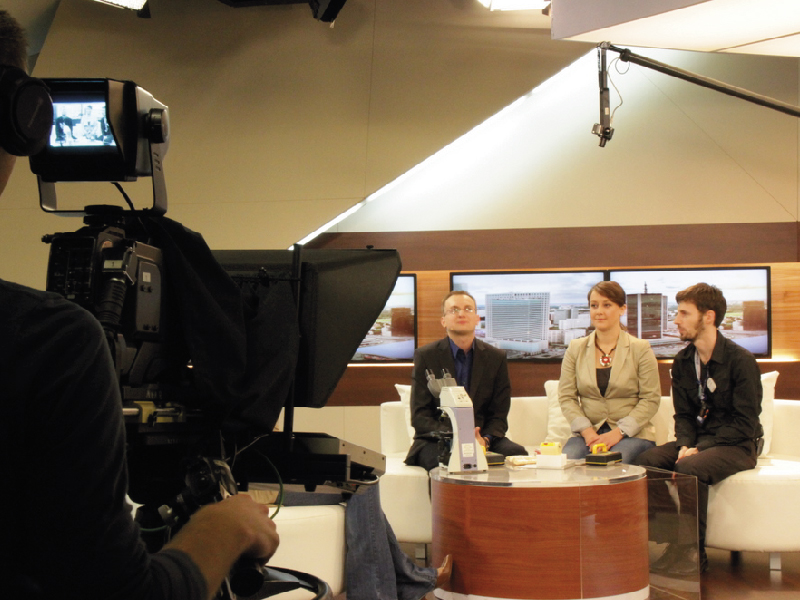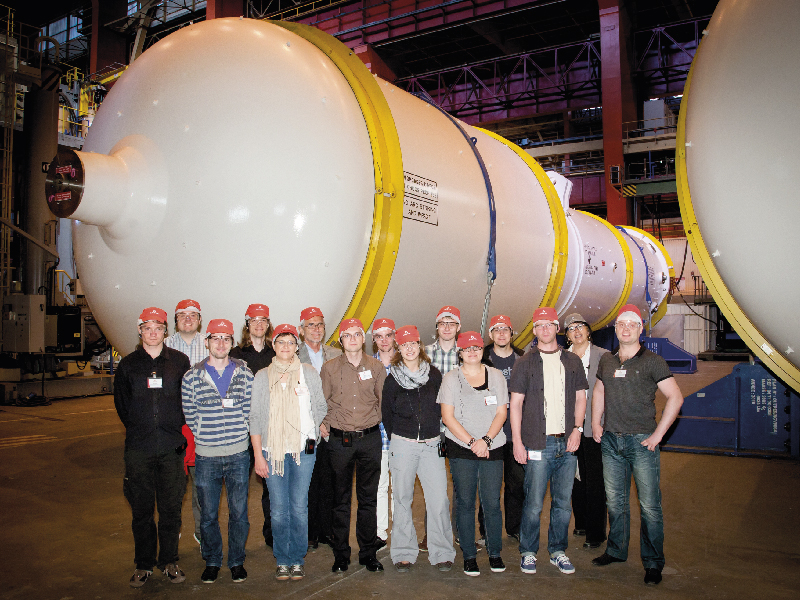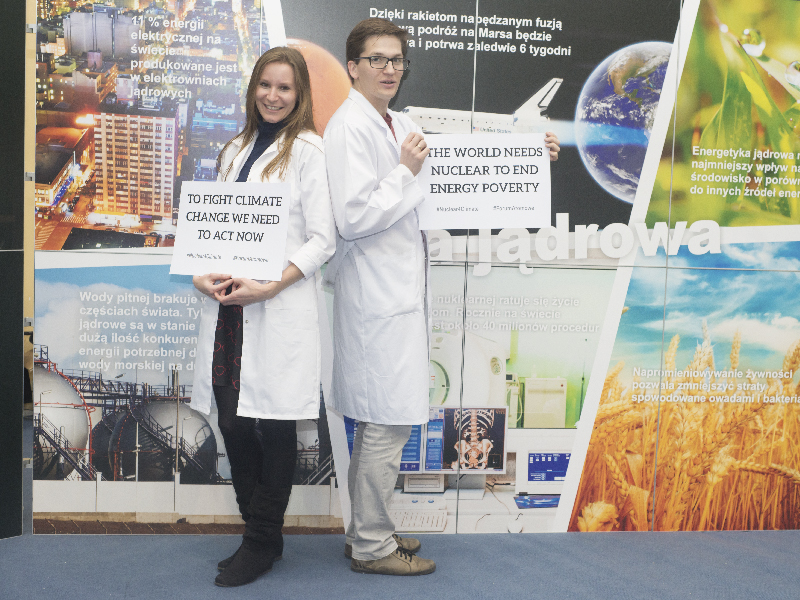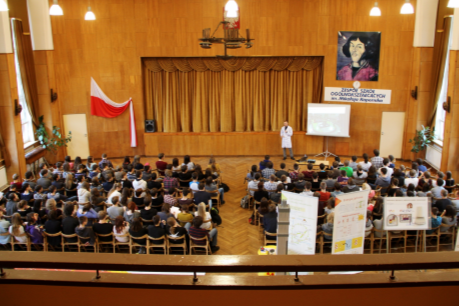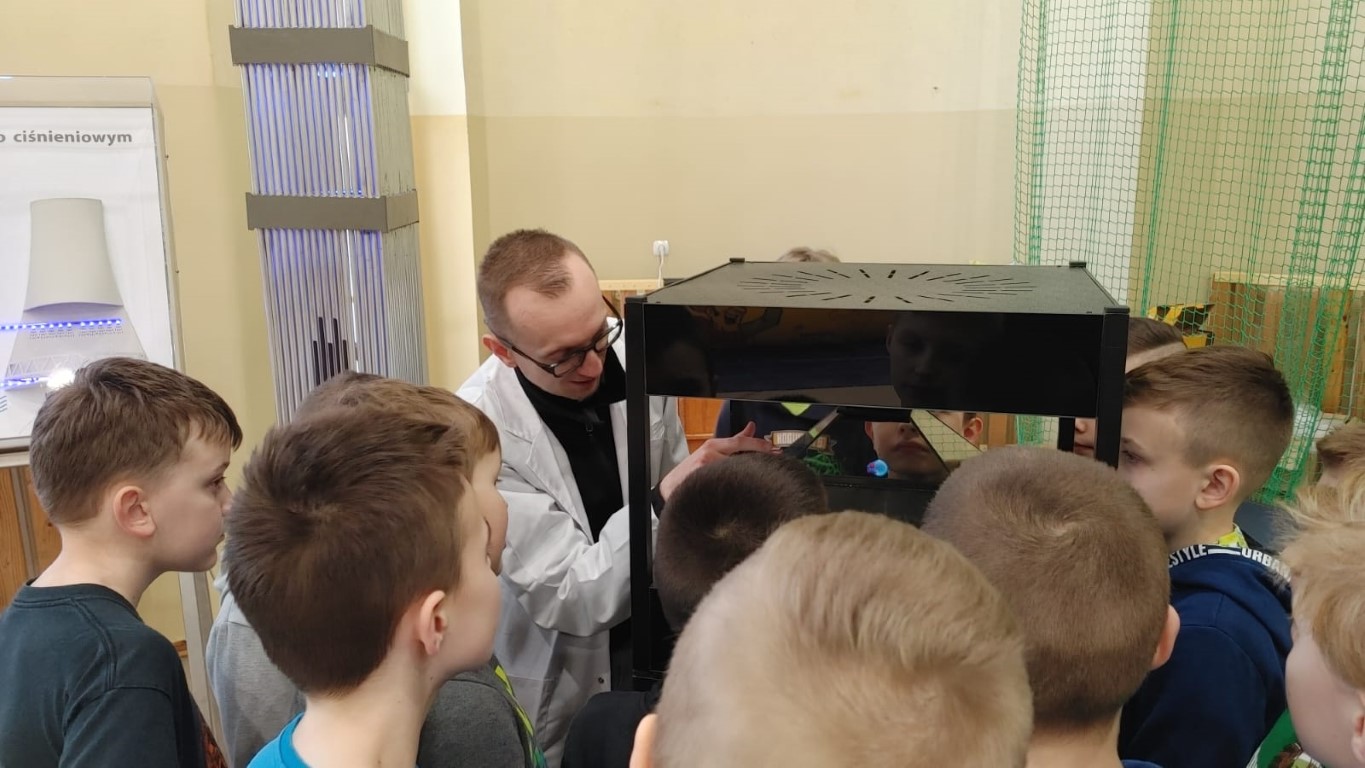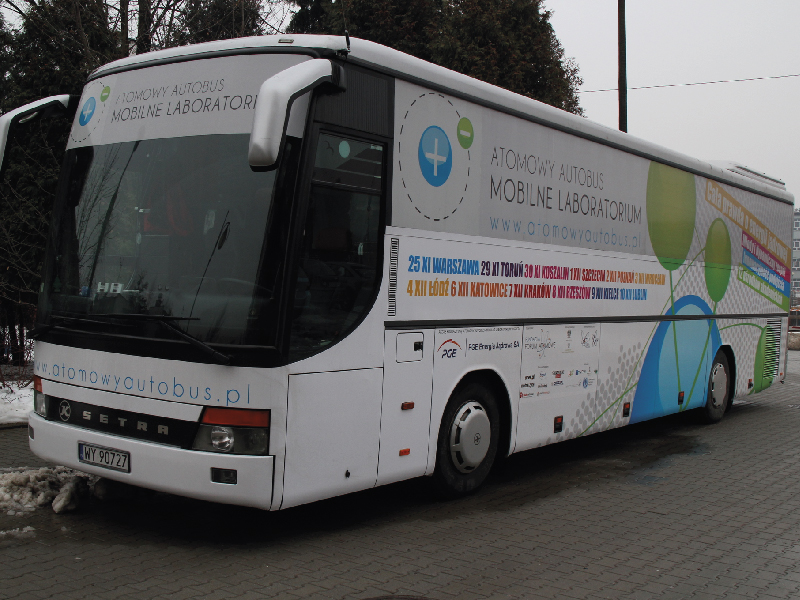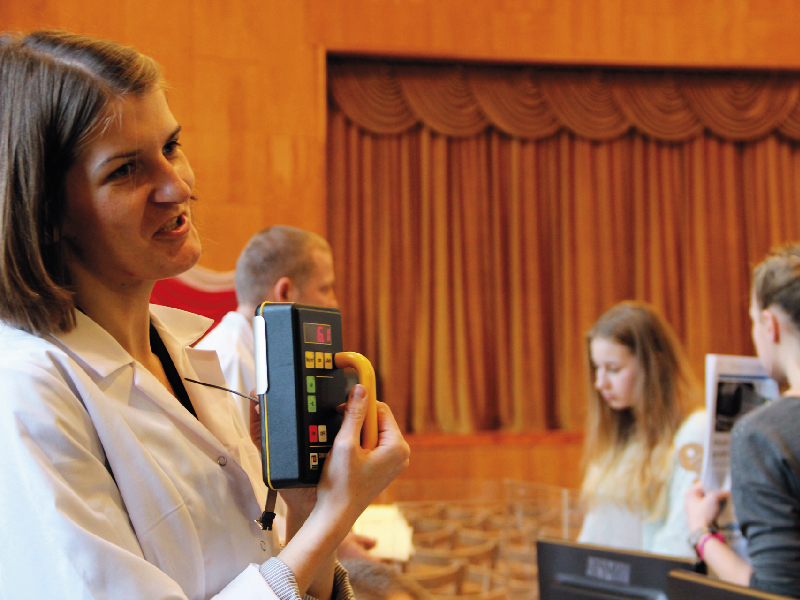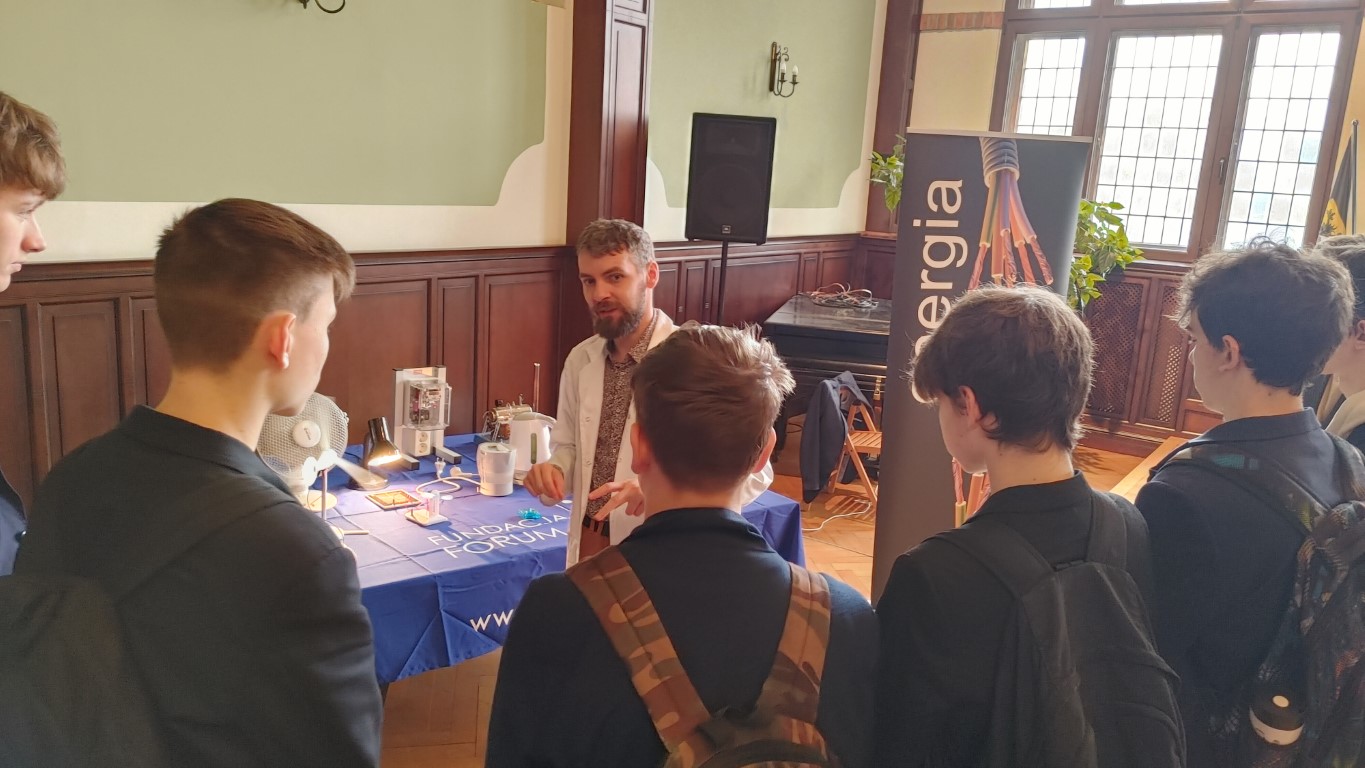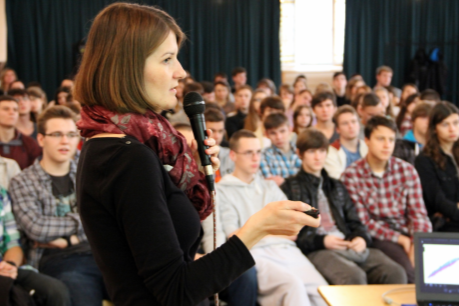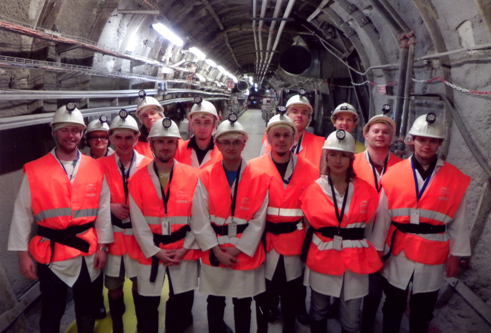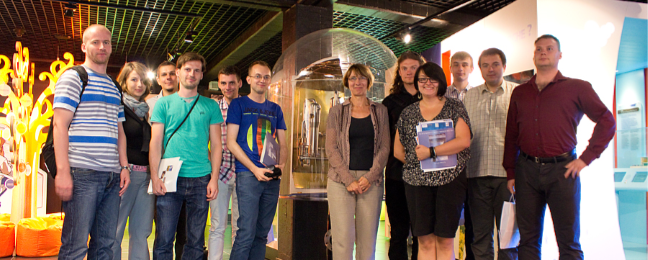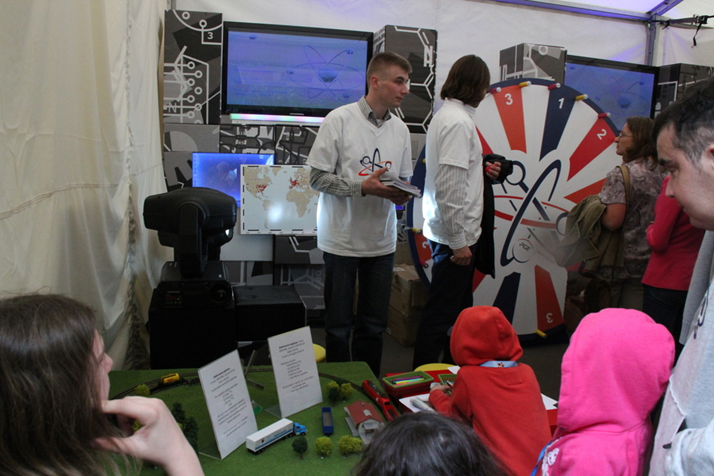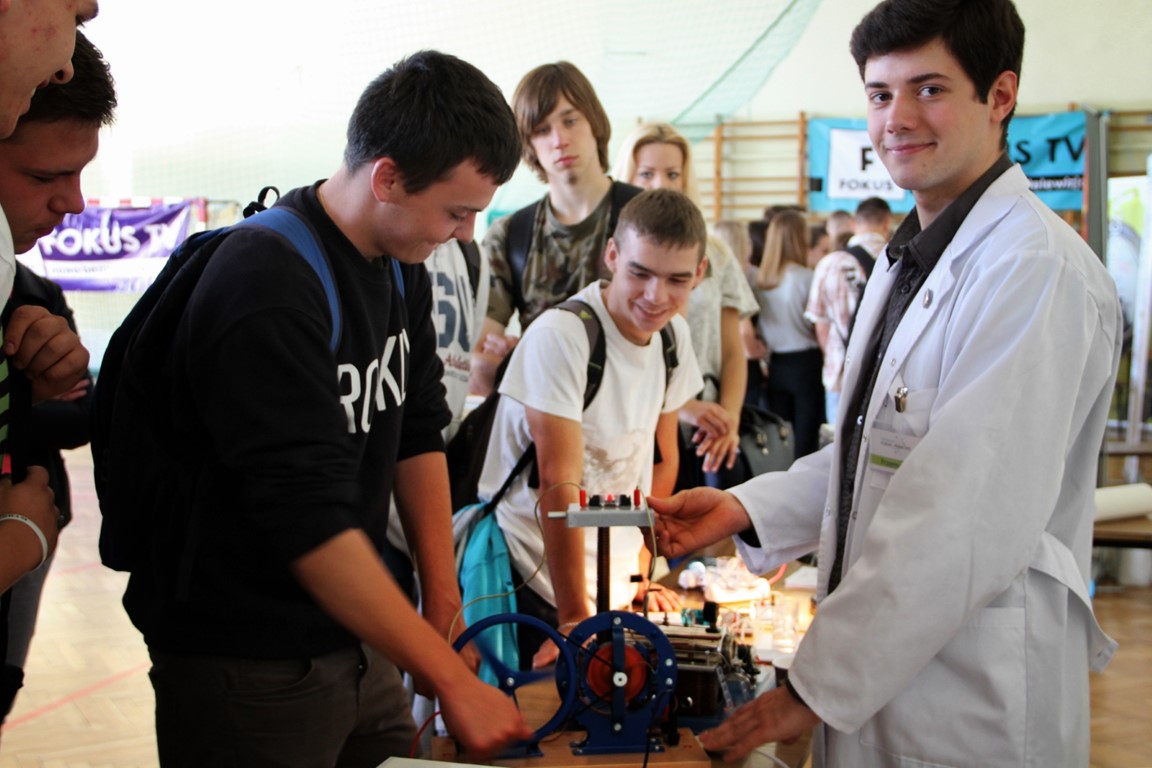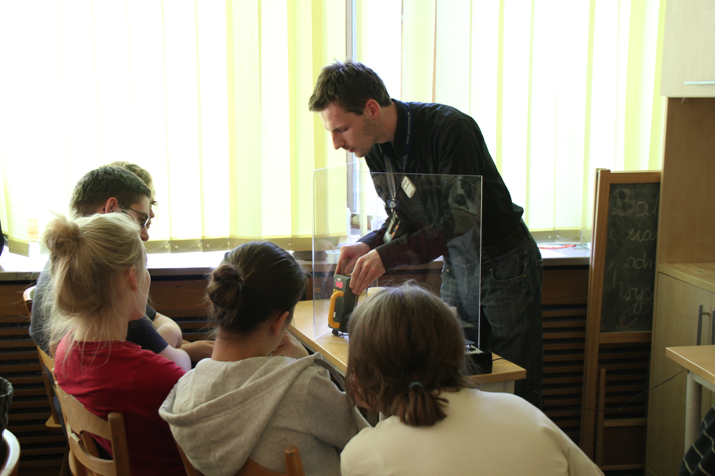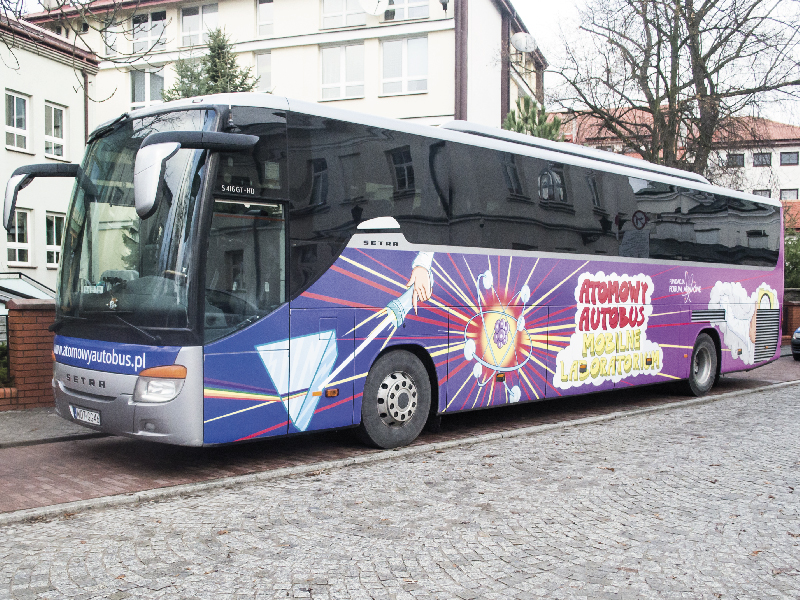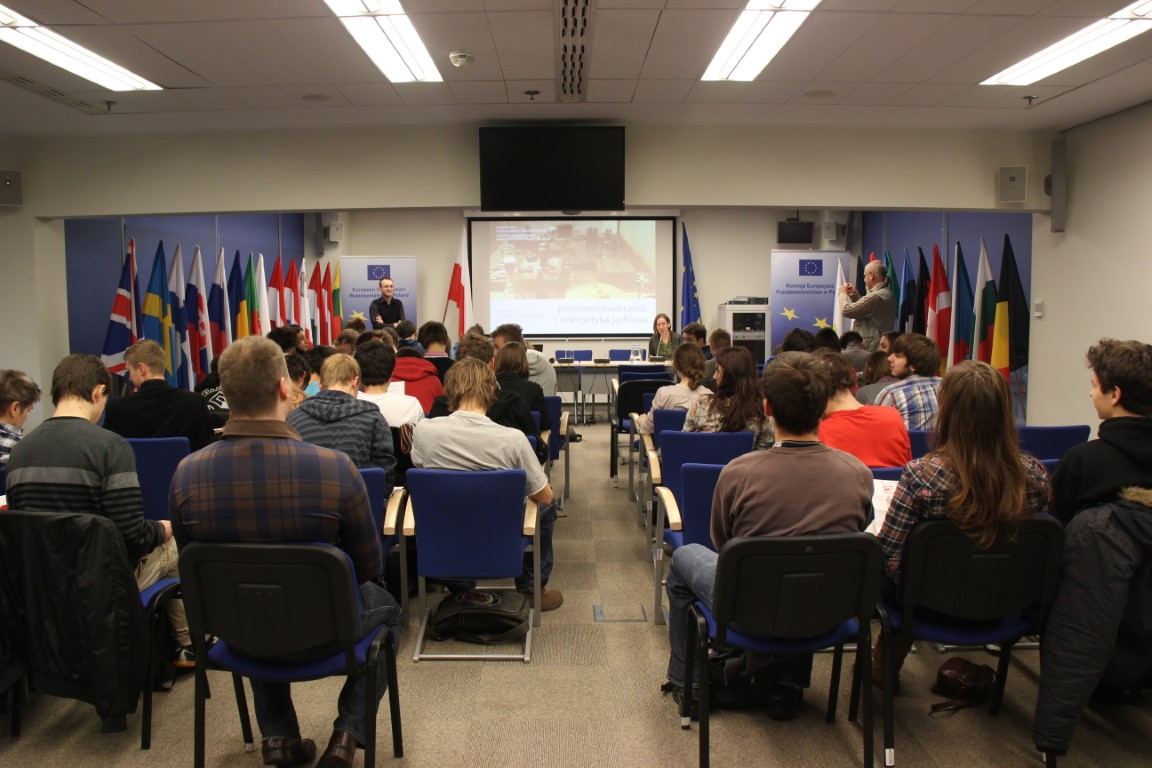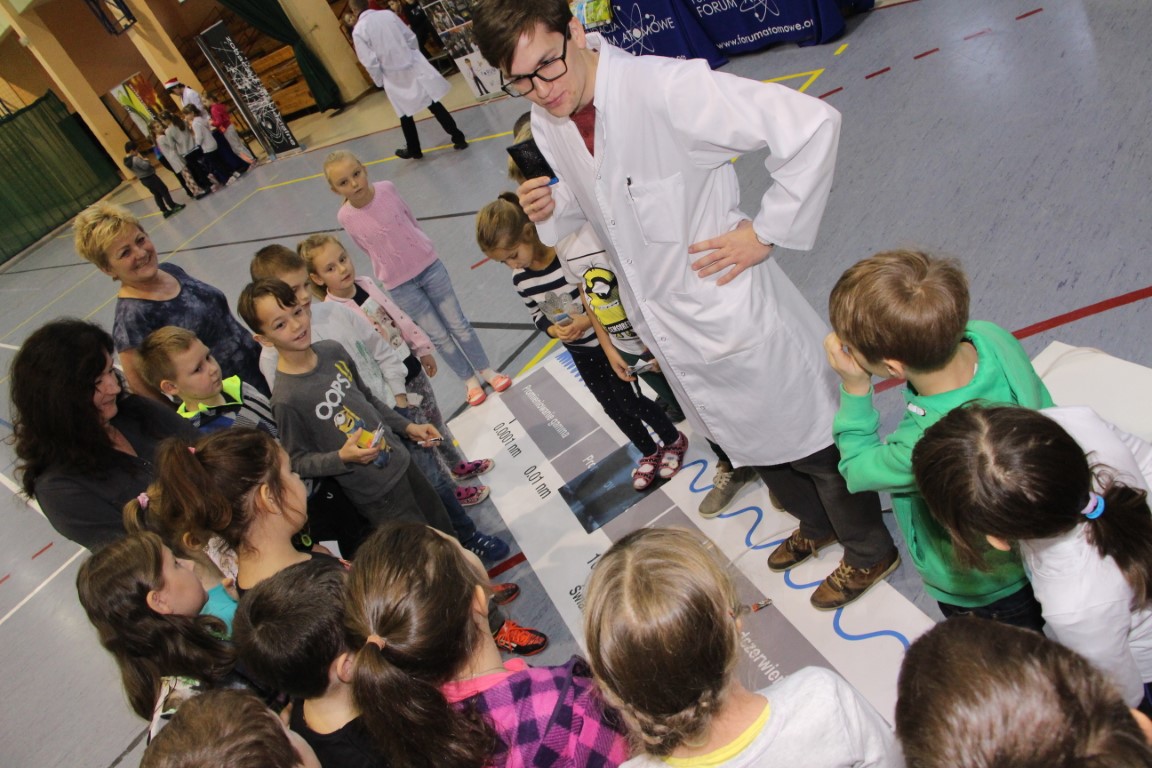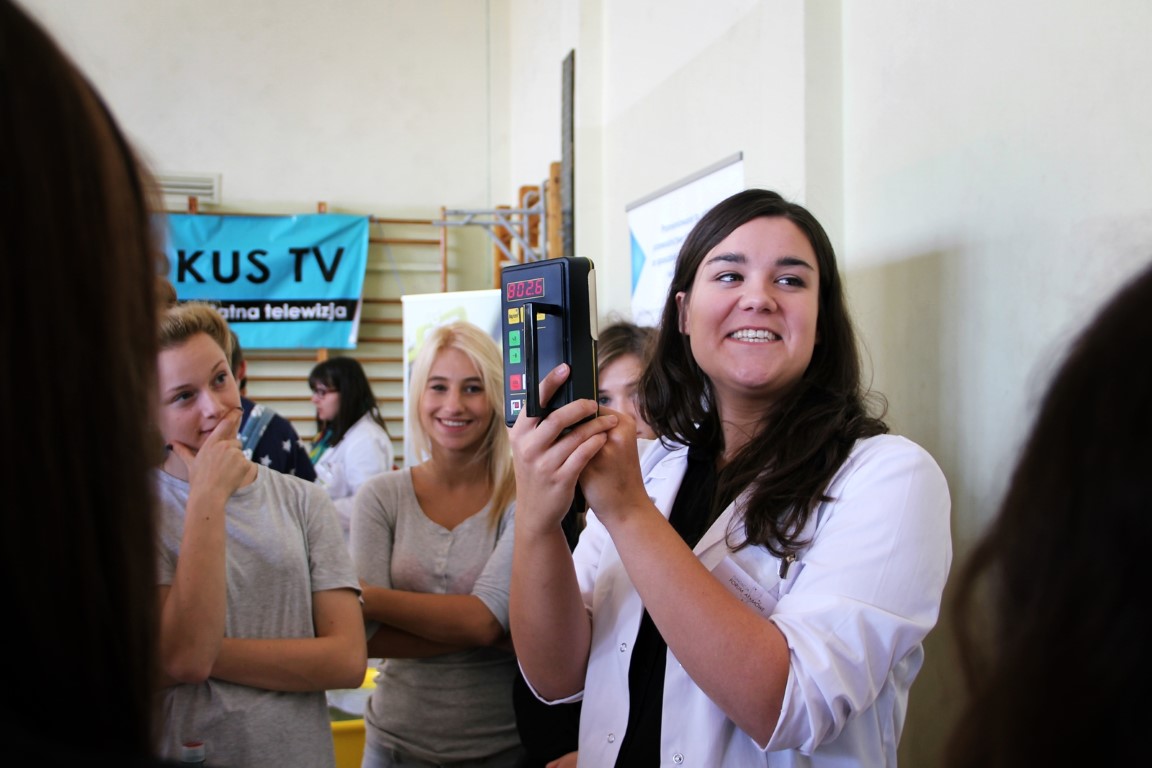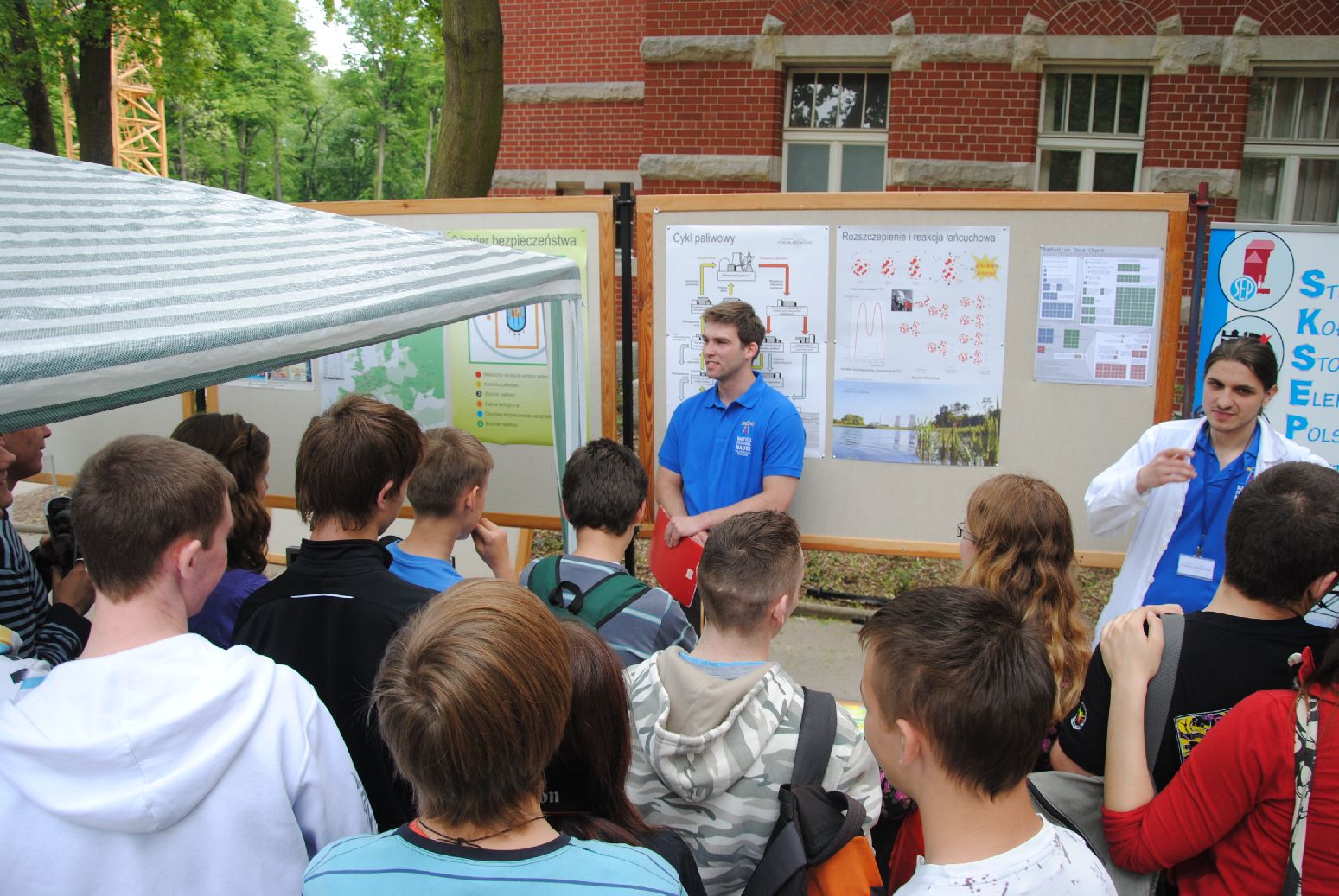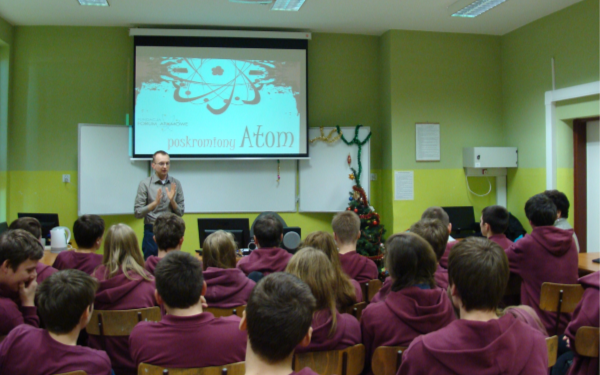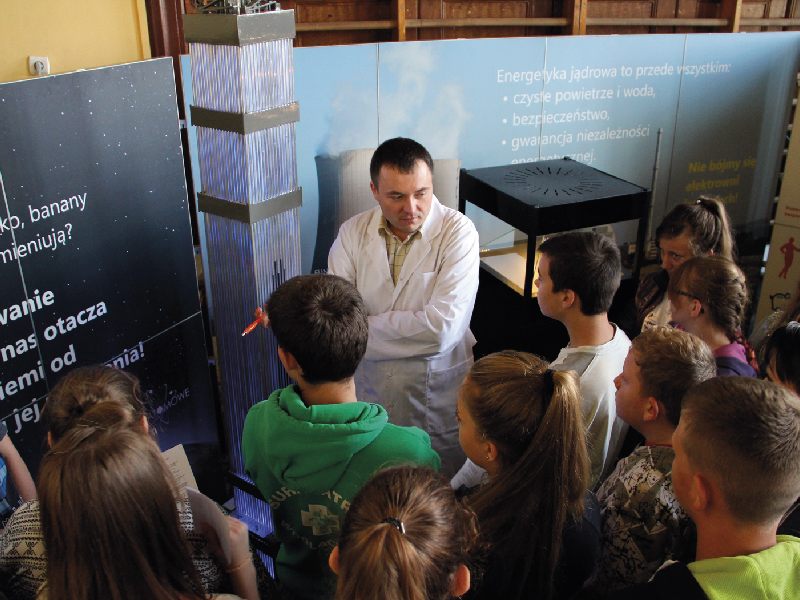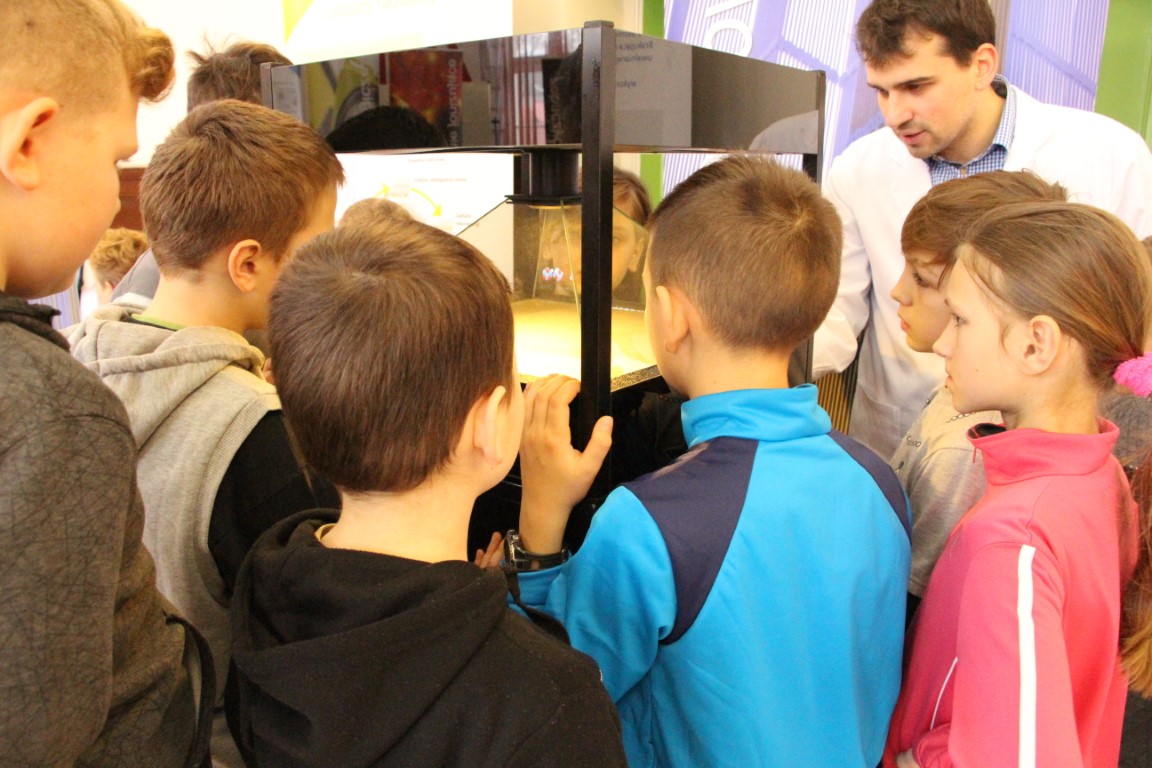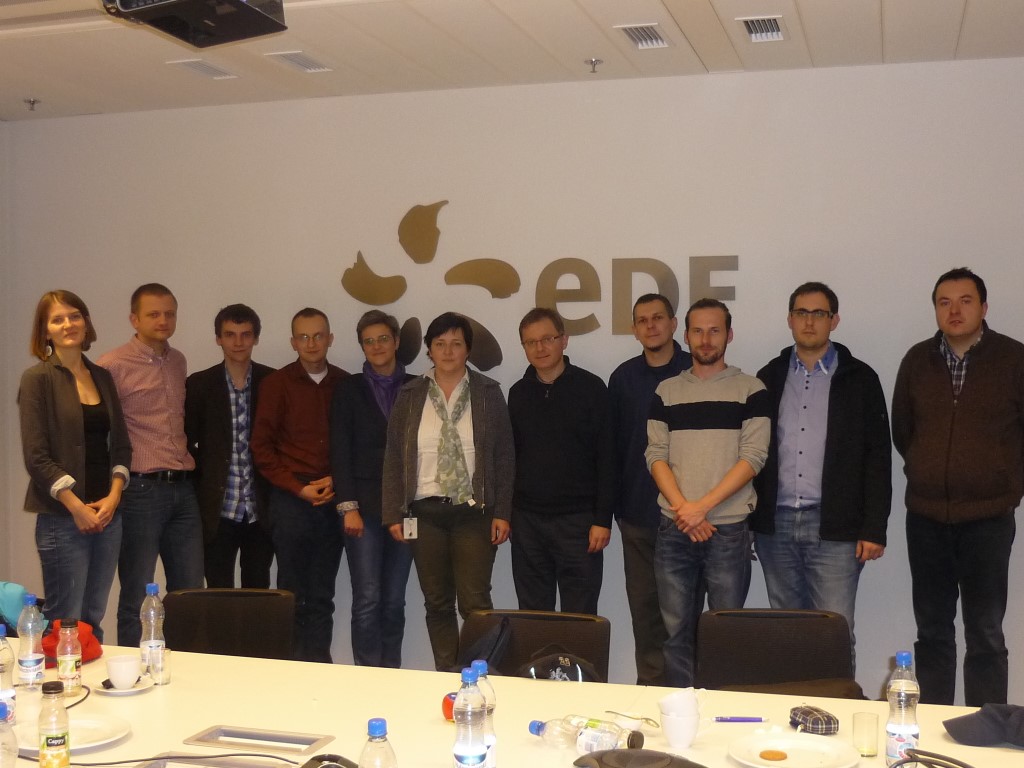
10 July 2023 marks exactly 15 years since the competent court registered the ATOM FORUM Foundation. We consider this day as the birth of our organisation, although the idea of its establishment was born in the minds of its founders – Bogumiła Mysłek-Laurikainen and Łukasz Koszuk – a few months earlier.
In 2008, the concept of nuclear power development was in its early stages. There was not yet a programme for the construction of a nuclear power plant and the relevant institutions were only just being established. In the same year 2008, the Nuclear Energy Department was established in the then Ministry of Economy, and a year later the special purpose company PGE Energia Jądrowa SA was founded.
At the time the decision was made to pursue nuclear energy, public knowledge about the topic in Poland was very limited. The Foundation’s founders were convinced that it was crucial to prepare the public to respond to the need for nuclear power plant construction objectively and based on current knowledge. Since its inception, the primary mission of the FORUM ATOMOWE Foundation has been to provide information and education on the peaceful use of nuclear energy and to promote the idea of building the first Polish nuclear power plant. This mission is enshrined in our statute.
In the first months of its activity, the Foundation began team-building and volunteer recruitment. Initially, the team consisted mainly of students – coinciding with the launch of new university programmes related to nuclear energy, which facilitated the growth of the entire organisation. The situation became more challenging after 2015, when progress on the nuclear power programme stalled. Nevertheless, to date, more than 50 people have been involved in the Foundation’s work to varying degrees. At its peak, the Foundation had over 20 active volunteers.
The Foundation’s first initiative was the project “Meetings with Atomic Energy”, primarily targeting schools, with activities based on a specially prepared programme. However, the biggest challenge came with the first edition of our flagship project: “Atomic Bus – Mobile Laboratory”. When the Atomic Bus first hit the road in 2010, there was still no official campaign to promote nuclear energy in Poland. As a result, we attracted significant media attention. Reports from our journey appeared in major outlets such as “Wiadomości” on TVP1 and TVN24. We were also featured on TVP1’s morning show “Kawa czy Herbata”. The popularity far exceeded our expectations, and we must admit that we were entirely unprepared for the level of media attention at the time.
The Atomic Bus was designed as a mobile information and education centre, equipped with various teaching aids that formed the ATOMLAB exhibition. A model of a nuclear power plant, a hologram illustrating the fission chain reaction, and a mock-up of a PWR fuel assembly were just some of the exhibition’s components. These were complemented by seminars delivered by Foundation volunteers.
In the following years, the Atomic Bus went on the road five more times, visiting primary and secondary schools, as well as universities. In total, the Atomic Bus covered around 13,700 km, stopping in 57 towns and cities. We estimate that more than 17,000 people visited our exhibition.
The Atomic Bus – Mobile Laboratory project also gained international recognition. In 2014, the European Nuclear Society awarded the PIME Award for Communication Excellence for the tenth time, recognising the best information campaigns on the peaceful use of nuclear energy. The FORUM ATOMOWE Foundation won the award for the Atomic Bus – Mobile Laboratory project, presented at the PIME Communicating Nuclear conference in Ljubljana. This was a significant milestone in our history.
The ATOMLAB exhibition was also used outside of the Atomic Bus tours. We frequently participated in nationwide events, including science picnics and festivals.
Although the Atomic Bus is the Foundation’s most recognisable project, it is far from the only important initiative we’ve undertaken. Since 2015, we have also been developing the popular science portal energiajadrowa.pl, which we plan to relaunch soon in a completely new version. We implemented the School Radon Map of Poland project, aimed primarily at secondary school science clubs. Its goal was to raise awareness of natural sources of ionising radiation, especially radon’s impact on health, and to familiarise students with radiation dosimetry and radiological protection. Forty-nine schools participated in the project. The next step will be the School Radiological Map of Poland project, set to begin later this year.
Since the 2020/2021 school year, the Foundation has also organised two annual competitions. The National Nuclear Energy Knowledge Competition “Nukleo” takes the form of a thematic Olympiad for all types of secondary school students. Participants tackle both factual and problem-based tasks, and in the finals, they present a chosen topic to a panel of judges. Meanwhile, the “With Energy for Climate” – National Competition on the Impact of Energy on the Environment targets 7th and 8th-grade primary school students. Its aim is to spread awareness about energy and its impact on the climate and environment. Across three editions of both competitions, a total of 1,615 participants have taken part.
In February this year, we launched the knowledge portal Nukleo.pl, whose development took several years. The portal is divided into three modules – Physics, Technology, and Society – comprising 167 chapters in total. It is based on articles and materials prepared by the Foundation team for various projects since our founding, with some texts written especially for the portal. We hope Nukleo.pl will be a valuable educational resource for students, teachers, and the general public, helping to popularise knowledge about radioactivity and nuclear energy.
An essential part of the Foundation’s activity is also publishing. We have produced several brochures and books. The comic book “Operation Yellow Cake” has broken records for downloads from our website. It follows two young boys who stumble upon a mysterious object. Unaware of what it is, they follow a trail of clues that lead to a nearby nuclear power plant. Along the way, they visit new places, meet interesting people, and gradually learn about nuclear energy, helping them solve the mystery.
“The Young Explorer’s Guide” is a series of three popular science books for all readers. The first volume – “Where Does Radioactive Waste Come From?” – was commissioned by the National Radioactive Waste Disposal Facility. The others are “Detection of Ionising Radiation” and “Radon and Its Sources”. We are the only organisation in Poland to have published nuclear-themed educational materials for children. We recommend two colouring books – “Atomic Primer” and “What Do We Do With Radioactive Waste?” – as well as the richly illustrated booklet “Journey to the Centre of the Atom”. It’s also worth noting that in 2011, we began publishing our own popular science magazine, “Atomic Forum”, in both print and electronic form. Although publication has since been suspended, all articles are now available on energiajadrowa.pl.
We also prioritise the development of our volunteers. Before launching the first Atomic Bus edition, we organised internal training sessions led by Professor Andrzej Strupczewski. Thanks to excellent cooperation with EDF, we also arranged two study visits to France in 2012 and 2014. During these visits, we toured the Areva Chalon/Saint-Marcel plant, the Tricastin nuclear power plant, the CEA Centre in Marcoule, ANDRA’s deep geological repository in Bure, the Flamanville 3 plant, and the La Hague spent fuel reprocessing facilities. We were deeply impressed by the hospitality and professionalism we encountered. These visits were key experiences that have contributed to our continued growth.
Over the past 15 years, the Foundation has collaborated with many institutions and companies in the nuclear sector who have helped make our initiatives possible. The list is long: the Department of Nuclear Energy at the Ministry of Climate and Environment (formerly the Ministry of Energy and the Ministry of Economy), Polskie Elektrownie Jądrowe (formerly PGE Energia Jądrowa SA and PGE EJ 1), Areva, EDF, Westinghouse, GE Hitachi, EY (formerly Ernst & Young), WorleyParsons, Radonova, the National Radioactive Waste Disposal Facility, the Institute of Nuclear Chemistry and Technology, the Central Laboratory for Radiological Protection, the Faculty of Physics at the University of Warsaw, and the National Atomic Energy Agency. We sincerely thank all of our partners for their cooperation to date.
Finally, I want to express my heartfelt thanks to all volunteers and collaborators for their dedication, effort, and commitment to the Foundation’s mission. Many new challenges lie ahead. I hope the Foundation will continue to thrive over the next 15 years and beyond.
Łukasz Koszuk
President and co-founder of the Foundation
We will inform you about new topics on the knowledge portal nukleo.pl, the Foundation’s current activities and currently implemented projects.
